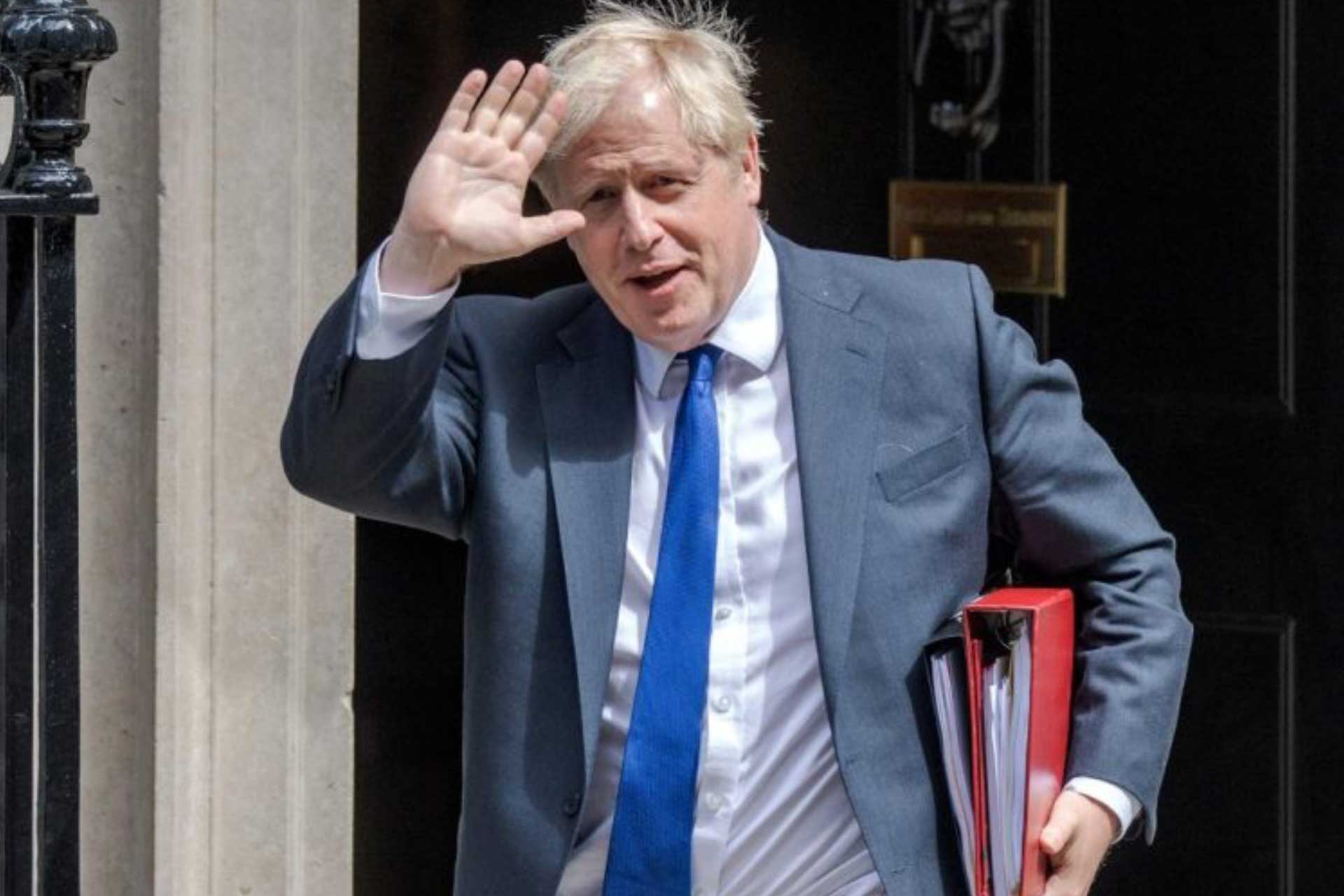Behind the Scenes of British Prime Minister Boris Johnson’s Resignation
Boris Johnson had been Prime Minister of the United Kingdom since July 24, 2019, but ended his term with his resignation. Johnson will remain in office until the fall, until the Conservative Party finds a new leader and Prime Minister. It is fair to say that Johnson has been a Prime Minister who has steered his country through some of the most turbulent times in the UK and the world. In fact, his career has been characterized by clear dividing lines, especially on relations with the European Union. Before becoming Prime Minister, Johnson was Foreign Secretary in Theresa May’s government and was known for his anti-EU stance. He came to office promising to complete Brexit.
How did Johnson become Prime Minister of the UK, one of the most important countries in the EU until Brexit, despite his anti-EU views?
When Theresa May lost her seat due to the Brexit Scandal (the UK Parliament passed two amendments two weeks after rejecting Prime Minister Theresa May’s Brexit deal with the EU), all eyes turned to then Foreign Secretary Boris Johnson. Although Johnson campaigned on “Get Brexit Done”, Covid-19 occupied a significant part of his agenda as Prime Minister.
What are the reasons behind the resignation of the leader who guided his country through its most difficult times?
Like the rest of the world, the UK has had a very difficult pandemic. The government was constantly urging its citizens to stay at home and the rules were very strict. In such an environment, when all the people of England were at home, Johnson and his circle did not follow these rules. News of parties in the Prime Minister’s office hit the headlines and the scandals naturally shook the whole nation. Despite Johnson’s denial of the allegations, his former Press Secretary made a reversal and admitted the allegations. The Prime Minister and his friends were fined for breaking the rules. A party thrown by Johnson’s teammates the night before Prince Philp’s funeral further fueled the backlash.[1]
Even though Johnson survived a vote of no confidence in the British parliament after this series of events, the accusation of harassment against Conservative Party MP Chris Pincher and the subsequent Prime Minister’s statement accelerated the end of Boris Johnson. According to the Prime Minister’s statement, Johnson was not aware of any complaint against Pincher. As the reactions to Downing Street’s statement grew, it became clear that Johnson knew about the allegations against Pincher and remained silent. One of the most important events that triggered the resignation of Boris Johnson was the resignation of the most prominent cabinet ministers and prominent MPs of the Conservative Party, who could not stand the reactions of the government.
When these resignations did not stop, as expected, Boris Johnson could not hold on to his seat any longer and resigned in recent weeks. The most important conclusion to be drawn from this situation is that in government crises in democratic countries like the UK, the priority is not the love of the seat, but the welfare of the people. In fact, during his resignation press release, he even reiterated this by saying ‘no one is indispensable’. Looking at Johnson’s resignation, the reasons for his resignation seem to be minor, but he realized that Johnson had lost the trust of his people. In other words, he prioritized the trust of his own citizens. Whatever the outcome, Johnson’s achievements cannot be denied. During his time in office, the Conservative Party won an overwhelming majority in Parliament against the Labour Party, something that had not been witnessed for 30 years. Moreover, during his time in government, Johnson delivered on his election promises by spearheading Britain’s stalled bid to leave the European Union. However, the next elections will be a major test for the Conservatives, and they have their work cut out for them. In the current political environment in the UK, it is quite likely that Labor will have a majority in Parliament.
Zeynep Ünsalan
[1] Turkish, B. B. C. (2022). Why did Boris Johnson resign? BBC News Turkish. Retrieved July 26, 2022, from https://www.bbc.com/turkce/haberler-dunya-62057956




Comments